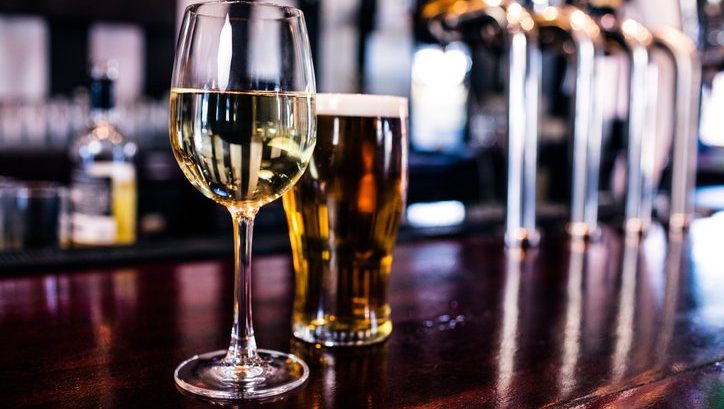Eat, Drink, and Be Merry – and Live Longer?
Sometimes your concierge medicine doctors at MD 2.0 in Jupiter, Florida, feel we’re constantly raining on your parade, telling you to do things you don’t particularly want to do and to give up things you enjoy.
Now comes a study that should make you feel a bit better. As recently reported in USA Today and elsewhere, a study from the University of California-Irvine seems to show that consuming moderate amounts of alcohol and coffee and being slightly overweight is linked to living longer.
“The key word is ‘moderate,’ of course,” the paper wrote. “The study, called ‘The 90+ study,’ started in 2003 and examined ‘the oldest-old’ age group—about 1,700 nonagenarians—to determine what is key to living to your 90th birthday and beyond.”
It found that people who drank moderate amounts of alcohol or coffee lived longer than those who abstained, and that people who were slightly overweight in their 70s lived longer than normal weight or underweight subjects did.
Dr. Claudia Kawas, the co-principal researcher on the study and a neurology professor at the University of California-Irvine, revealed the findings at the American Association for the Advancement of Science (AAAS) conference in Austin, Texas.
“I have no explanation for it, but I do firmly believe that modest drinking improves longevity,” she said at the conference.
So what does “moderate” consumption mean? According to NBC’s “Today” show, Kawas reported the “sweet spot” for caffeine was 200-400 milligrams a day, or about two cups of coffee. For alcohol, about two glasses of beer or wine daily appeared to be the optimal amount.
This study echoes others in recent years which seemed to show a positive correlation between moderate amounts of alcohol and coffee consumption, as well as being slightly overweight, and living longer.
A 2012 National Institutes of Health (NIH) study, for example, found that older adults who drank coffee—caffeinated or decaffeinated—had a lower risk of death overall than others who did not drink it at all.
A 2013 study, published in the journal Alcoholism: Clinical and Experimental Research, examined 1,824 people whom they tracked for 20 years. Over that period, 69 percent of the non-drinkers died, compared with 60 percent of heavy drinkers, and 41 percent of moderate drinkers.
A 2001 study by researchers at Yale University found that moderately overweight seniors lived longer than those who were either thinner or heavier.
Other researchers have found similar results in these areas. The common element in all these studies seems to be the word “moderate.”
But neither the current UCI study nor any other lets you off the hook for exercise. Every single study over the years has consistently shown that regular exercise improves nearly every indicator for wellness, from the cardiovascular system, to bone and muscle health, to helping ward off various types of cancer and dementia. It also improves mood and reduces stress, two other markers for healthy living.
Kawas noted that her findings showed as little as 15 minutes of any type of exercise daily was associated with greater longevity, with 45 minutes being the preferred amount. Even splitting that into three 15-minute segments three times a day worked as well as doing it all at once.
As for her conclusions regarding the advisability of moderate coffee and alcohol consumption, Today also spoke with Dr. Thomas Perls, director of the New England Centenarian Study and professor at the Boston University School of Medicine, who challenged the UCI findings.
“So I think there’s other data that would counter this notion that modest amounts of alcohol are good for you,” he said, citing not only his ongoing study but the Seventh-day Adventists, whose famously long-life expectancy—89 years for women and 86 years for men—contradicted the current study’s findings. The religious group abstains from both alcohol and coffee.
In addition, recent studies have suggested that even moderate alcohol consumption may raise a woman’s risk of breast cancer.
All these competing studies can be confusing. We can help you sort them out. The advantage of concierge medicine is that we have the time to sit with you and discuss all your health and behavioral questions, and can help you formulate a lifestyle plan tailor-made just for you.

